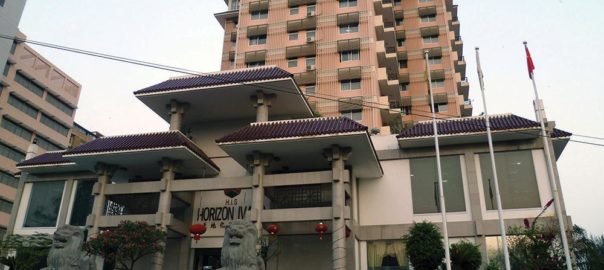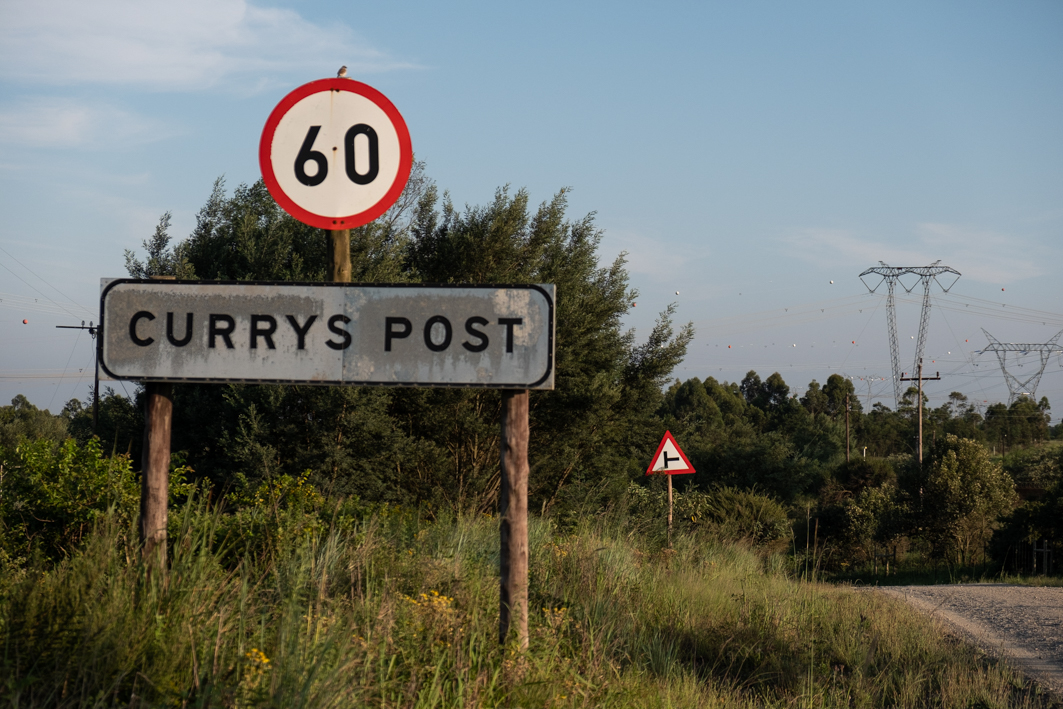I write this after completing the annual Seven7 Drive, covering 7 000km in seven days in aid of kids with cancer. Oh, how I can elaborate on “man-with-badge syndrome”, the terribly reckless driving habits, the trucks on the N1 highway that pass other trucks directly into oncoming traffic, the impatient nincompoops who jump the line at border posts, and so on and so forth.
But instead of harping on about such matters, I’d rather focus on a different phenomenon, one that has unobtrusively taken a firm grip on parts of Southern Africa. During our Seven7 Drive trip we spent one night in China. The Sogecoa Apart Hotel offers a spread of authentic Chinese cuisine, prepared by Chinese chefs. The rooms feature appliances covered in Mandarin instructions, and the layout is as simplistic as any worker barracks in China. There’s even an authentic Chinese aroma lingering about the place. Chinese front office staff handle guest relations.
But here’s the thing: this hotel was not in Beijing. It was in Maputo, Mozambique. And it is but one of a number of Chinese establishments in the city. During our stay in Maputo, we skipped the Chinese restaurant in the hotel, and headed off to a local seafood restaurant, along with friends who assisted us in Maputo. The conversation around dinner turned to the surreal Chinese hotel experience, and soon after, to that curious new phenomenon that we’ve come across increasingly often in Southern Africa; from the remote mountains in Lesotho to the bustling city of Maputo.
We’ve heard the same story from a number of people across the continent: African countries hand over precious mineral rights in return for roads, infrastructure and so on. For instance, a $900 million suspension bridge is currently being constructed in Maputo. It’s a monstrous, beautiful thing, but it comes, at least partly, at the cost of fishing rights off the Mozambican coast. Some fishing industry insiders reckon the fish stocks are all but depleted, harvested intensively by Chinese trawlers since 2010. Some of those trawlers use dragnets.
These nets pull out everything: from sharks to dolphins to turtles to fish, speeding up the depletion process. All these industries require manpower, and the Chinese companies seem to prefer to import their own work force from the homeland. Hence the authentic Chinese hotel experience. And, seemingly a large number of Chinese nationals immigrating to Africa. Essentially then, an inconspicuous form of colonisation is taking hold of some regions in Southern Africa. Government officials hardly seem to take note of the long-term implications, clearly not keen to offend the goose that is laying the proverbial golden egg.
Yes, foreign investment is essential to any sovereign state’s economy. However, if the so-called investment exploits a natural resource to depletion, the long-term effect to the country and its inhabitants is much more harmful than it is beneficial. A poignant example: with Mozambique’s natural fish stocks at a low, local fishermen, who rely on the fish for their daily meals, have found it increasingly difficult to fill their dinner plates. In some areas, hungry locals have taken to slaughtering sea turtles as they exit the Indian Ocean to lay their eggs.
This new trend has now also put extra pressure on the sea turtle population as the animals are slaughtered left, right and centre. It has become such an issue that special sea turtle conservation projects have been launched in recent times, to try and protect the numbers. It’s a bit of a catch 22: conservation versus people who don’t have food to eat. Yet one can’t really blame someone who desperately wants to feed his family because there are so few fish left, and has no other means but to take to a vulnerable sea turtle.
Colonialism, which has in recent times been turned into a political hullabaloo of sorts, may take on a whole new spin in a decade or two, never mind 50 years down the line. By then, the children of those African governmental and industry leaders who are now basking in the glow of the ‘golden egg’ may very well live to regret the current mineral drain of our continent’s precious resources. And then it will be too late to ask: “What have we done, Mama Africa… what have we done?”
Text: Danie Botha








